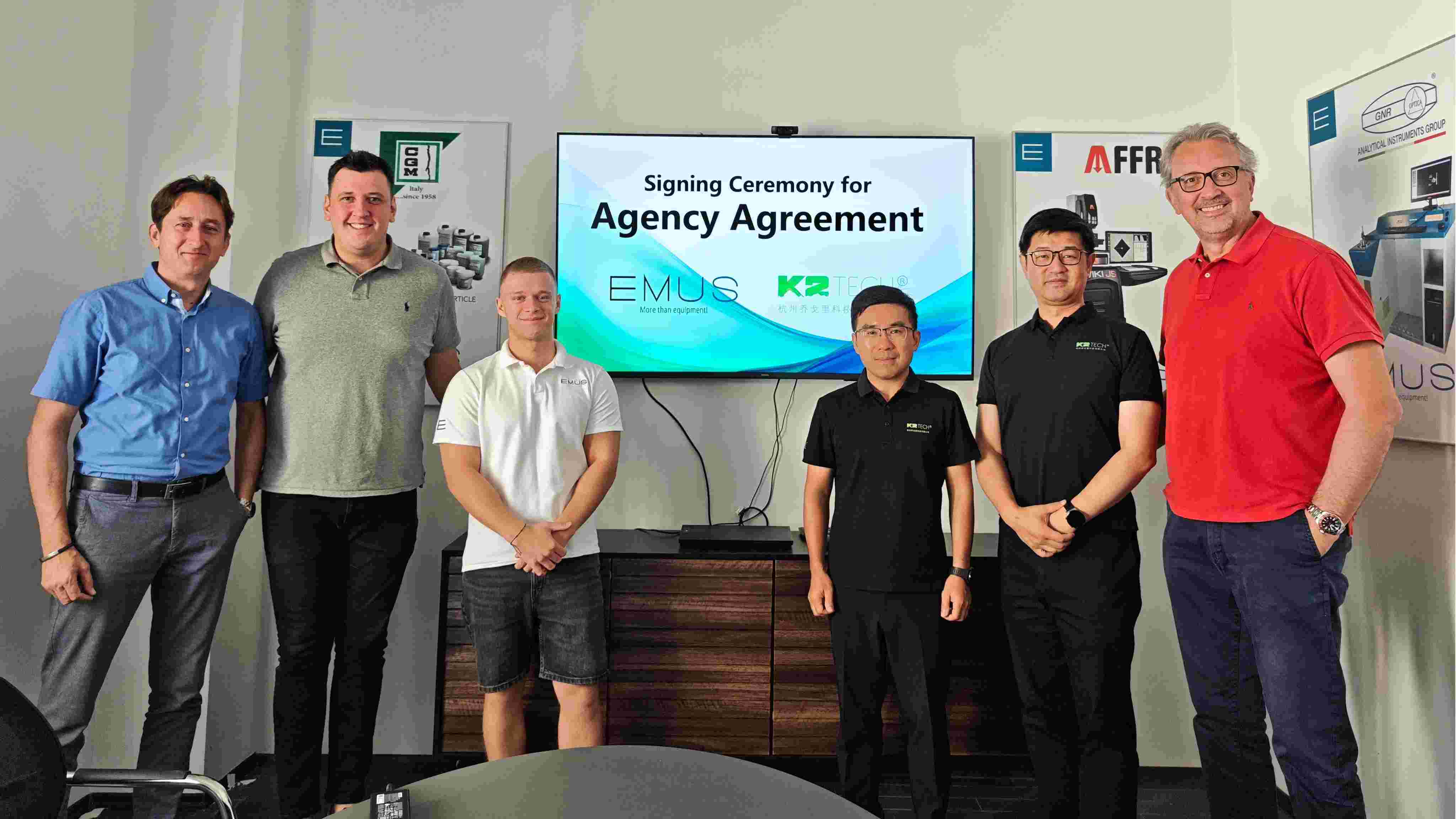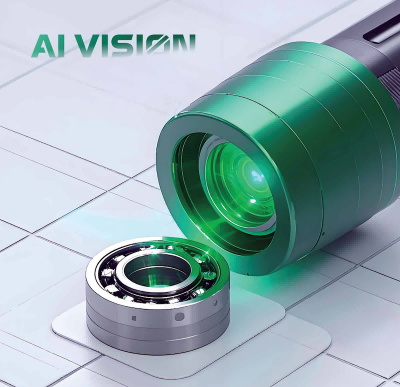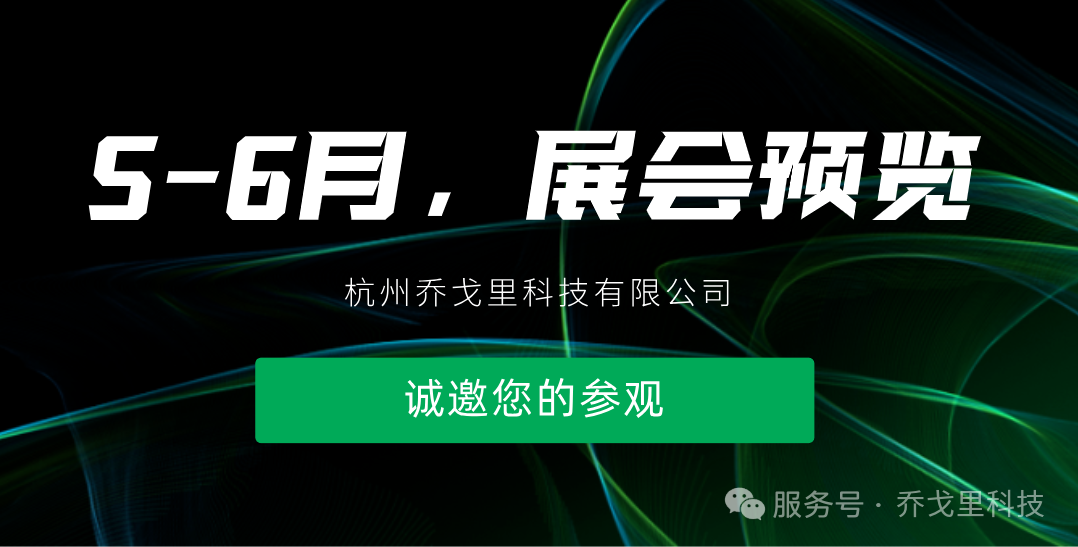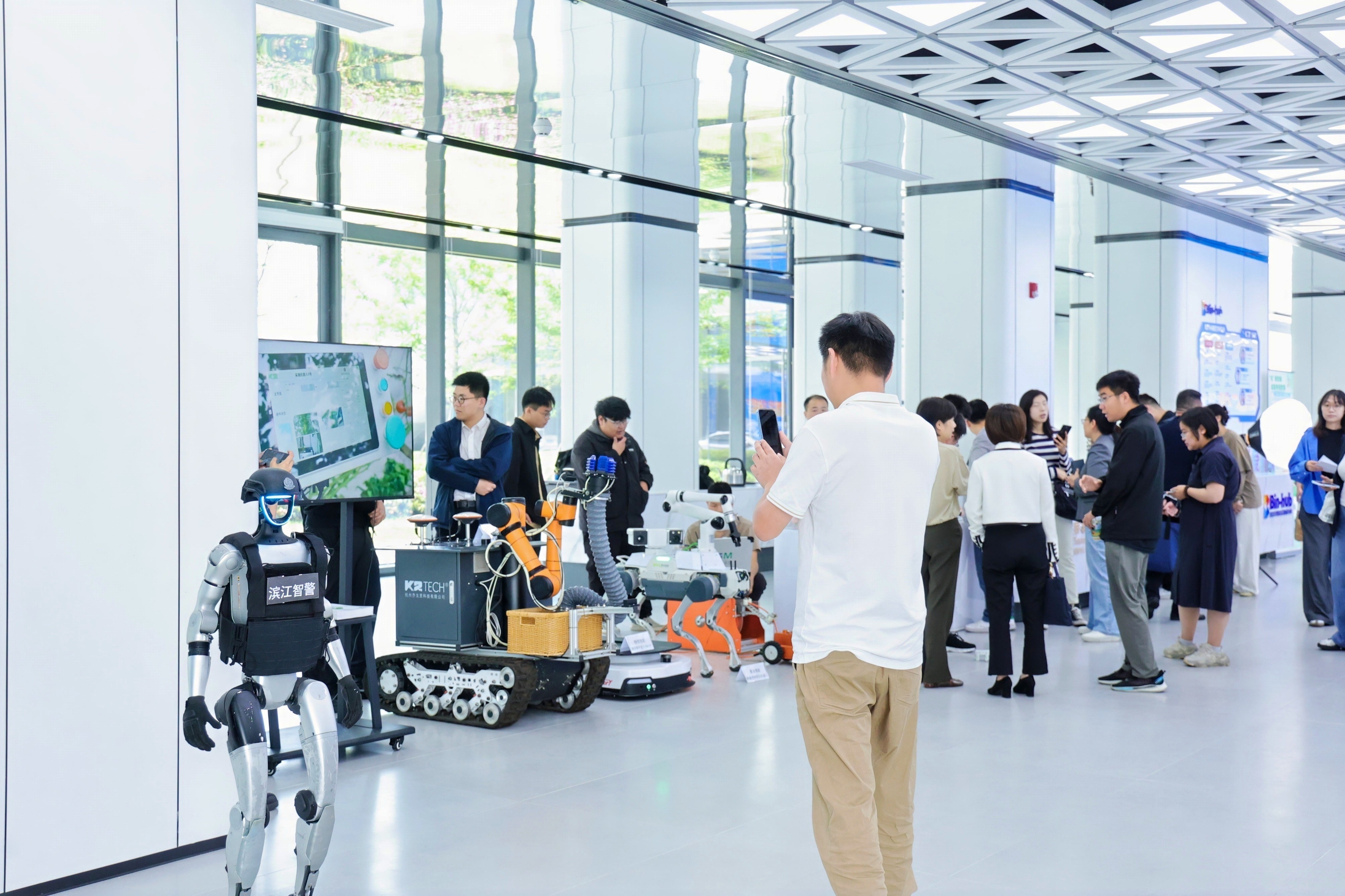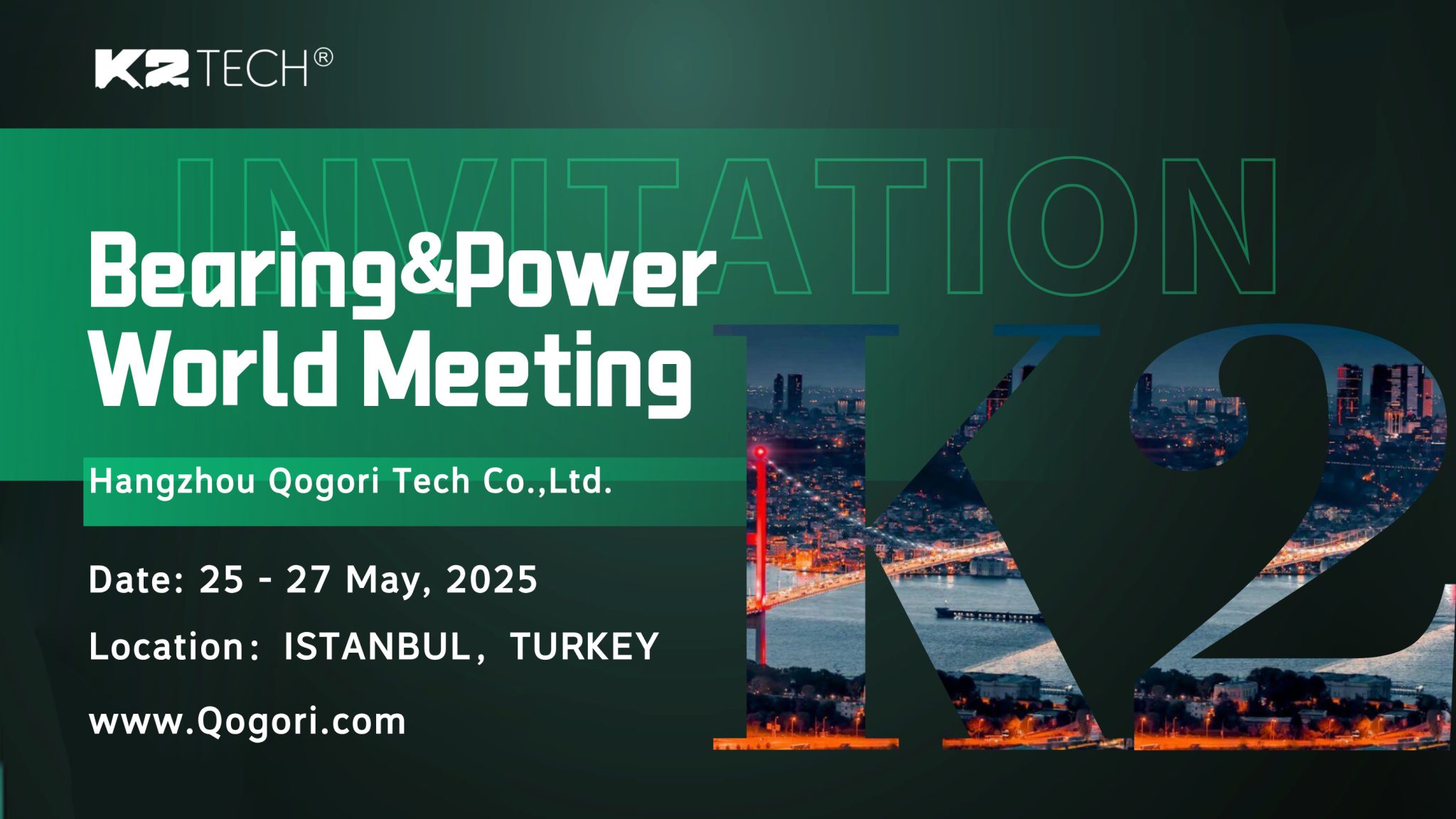Global manufacturing is undergoing a paradigm shift as industries strive to meet escalating quality standards while controlling costs and improving efficiency. Among the challenges manufacturers face are high labor costs, human error in inspection processes, and the growing complexity of defect detection in precision components such as bearings. In response, vision inspection systems have emerged as essential tools. Today, with the integration of artificial intelligence (AI), these systems are reaching new heights of adaptability and precision, reshaping the landscape of industrial manufacturing.
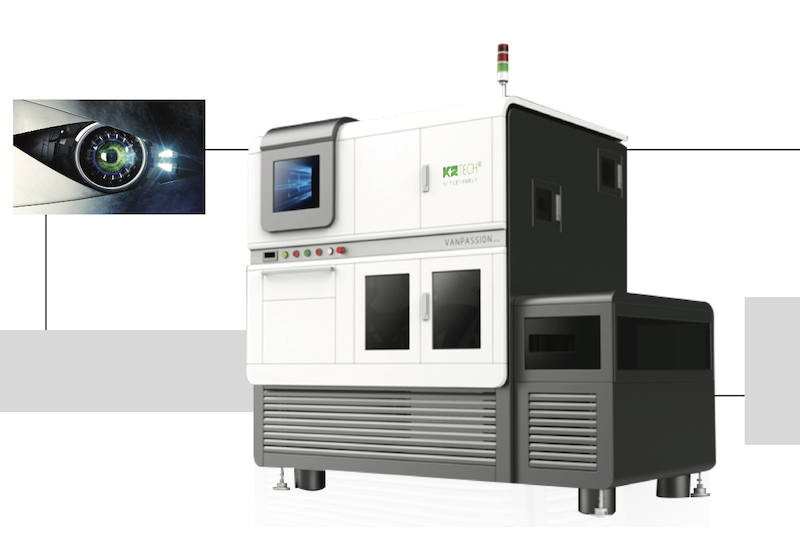
Challenges in Quality and Process Control
Bearing manufacturers encounter a myriad of challenges in their production processes, including:
1. Increasing Quality Demands: Customer industries continually raise expectations for quality and precision, pressuring manufacturers to improve their processes.
2. Human Errors: Manual inspection, while traditional, often results in missed defects or false positives, leading to costly product returns and waste.
3. Efficiency and Cost Pressure: The drive for higher production efficiency must be balanced against rising labor and maintenance costs.
4. Complex Defect Diversity: As processes advance, detecting intricate defects such as oil film inconsistencies, heat treatment anomalies, and edge bumps has become increasingly challenging.
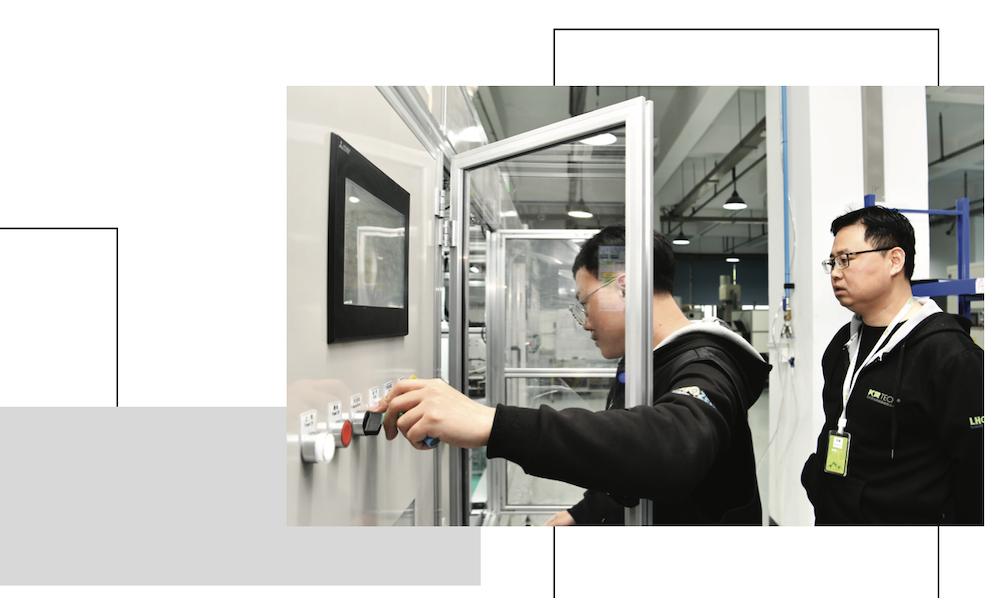
How AI-Driven Optical Inspection Machines Revolutionize Manufacturing
AI-powered automated optical inspection (AOI) machines directly address these challenges. Key benefits include:
Improved Efficiency: AI-driven systems streamline inspections, processing images in as little as 2ms per frame, enabling manufacturers to meet high-volume demands.
Enhanced Accuracy: With intelligent defect detection models, these systems achieve 100% accuracy in identifying surface defects, reducing false positives and negatives.
Cost Savings: By automating repetitive and error-prone tasks, manufacturers can lower labor costs and minimize operational errors.
Improved Working Conditions: Replacing manual inspection with AI alleviates the strain of monotonous tasks, fostering better workplace environments for employees.
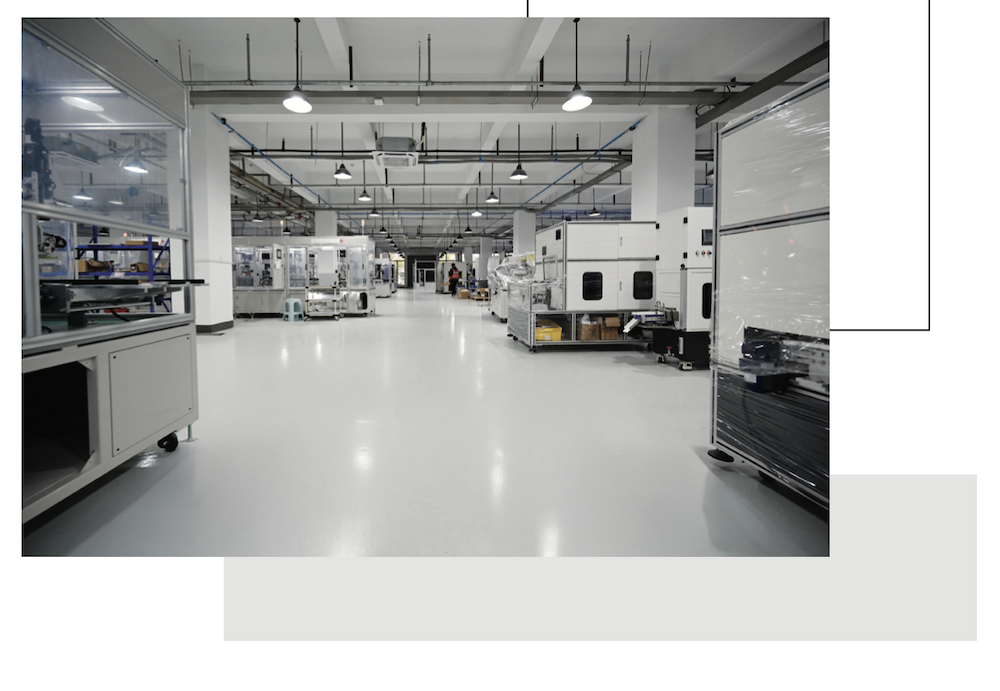
For example: As a leading enterprise in the bearing industry, the company achieved a global annual turnover of € 10 billion in 2024. Its domestic and overseas plants have widely deployed over 70 bearing inspection lines from K2 TECH. By introducing AI- Driven Optical Inspection technology, the company has realized the following improvements:
Closed-loop production lines;
20% increase in yield and stability;
An average reduction of 3-4 workers per line.
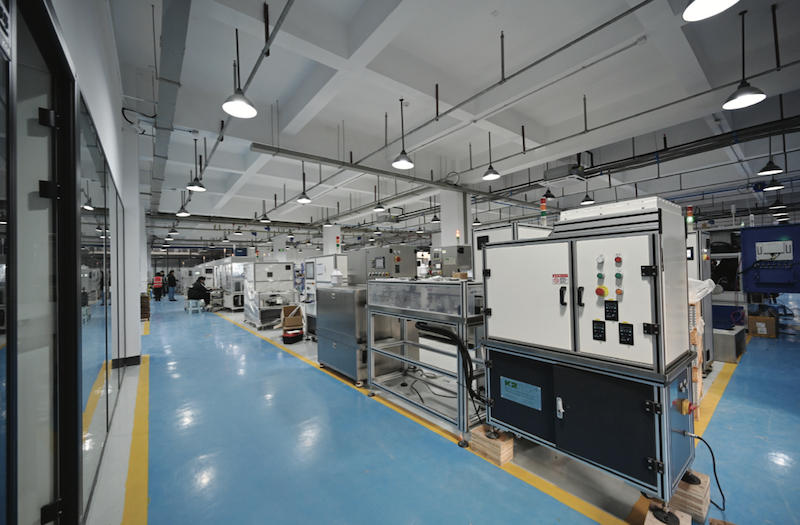
Advanced Features of AI- Powered AOI Machines The new generation of AI-powered AOI systems, as demonstrated by innovators like Hangzhou Qogori Tech (K2 TECH), brings revolutionary advancements to manufacturing:
 Ease of Use: With features like one-click model changes and quick defect updates (5-8 minutes), these systems simplify operation and reduce reliance on highly trained technicians.
Ease of Use: With features like one-click model changes and quick defect updates (5-8 minutes), these systems simplify operation and reduce reliance on highly trained technicians.
Comprehensive Defect Coverage: AI systems utilize convolutional neural networks (CNNs) to analyze complex defects, including heat treatment discoloration, oil film inconsistencies, and stamping part edge wear.
High Efficiency: Parallel processing enables simultaneous inspection of multiple images, drastically improving throughput. 4. Flexibility: AI systems are highly adaptable to various conditions, functioning effectively even in low- light environments or with irregularly shaped componen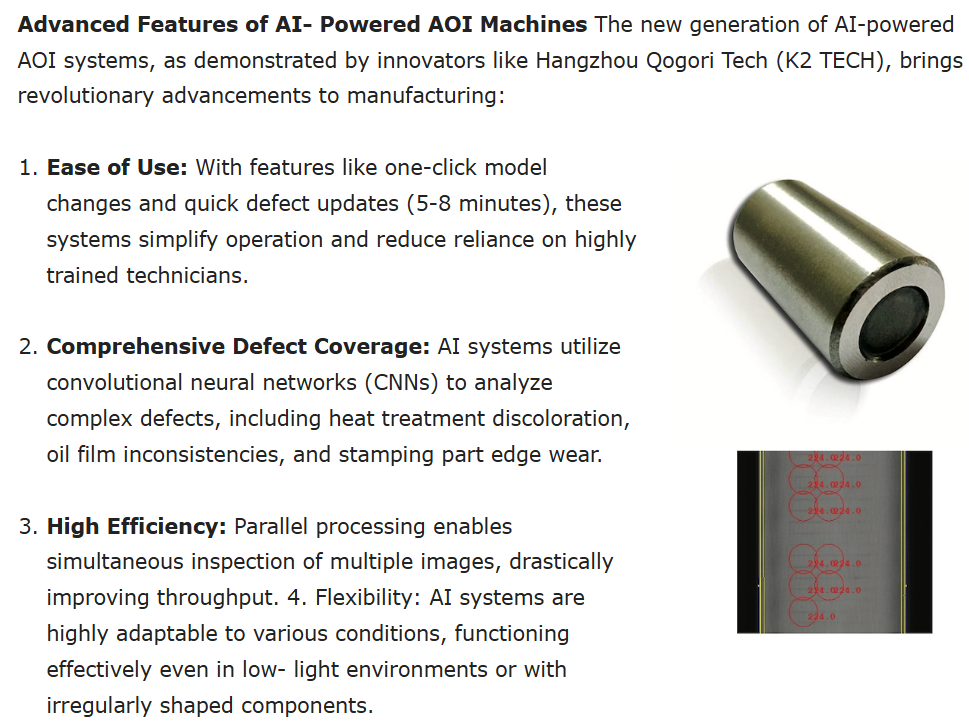

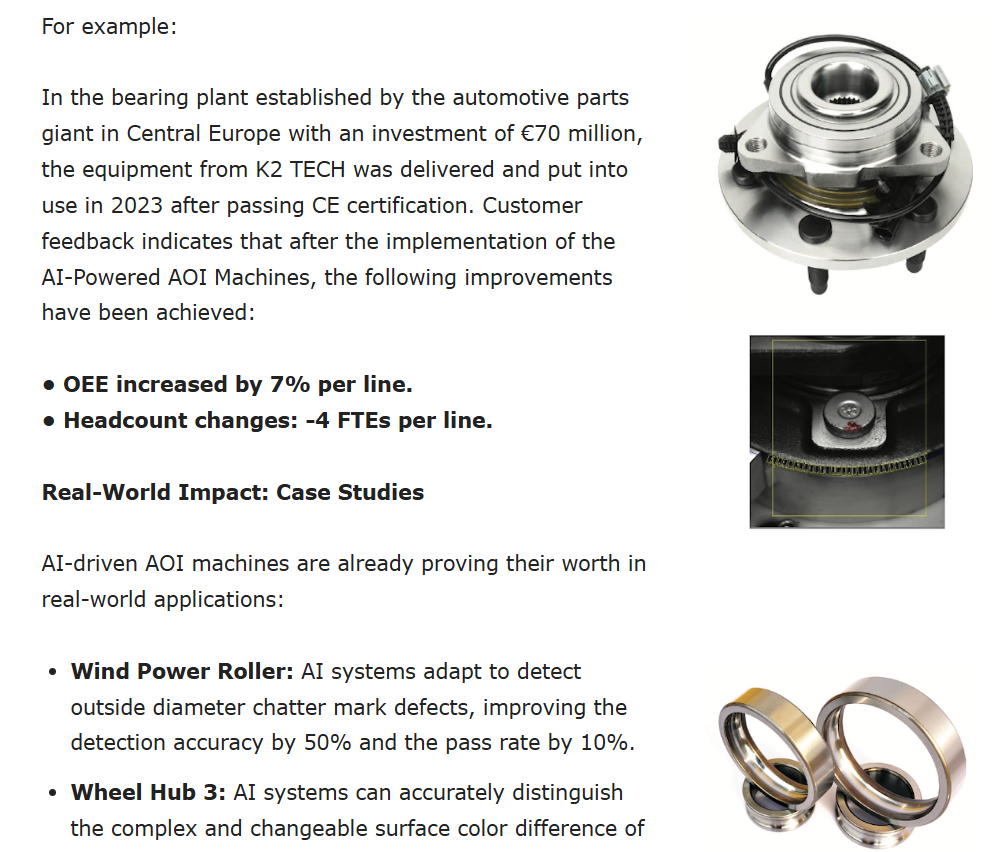
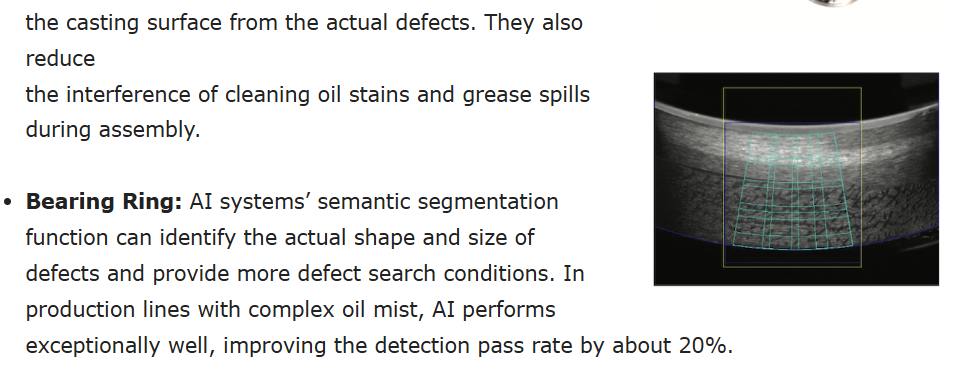
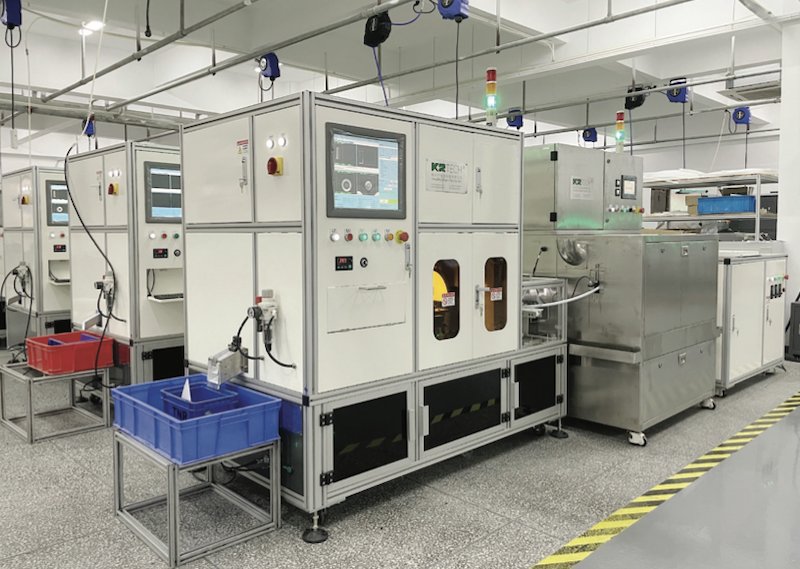
Traditional Algorithms vs. AI-Driven Systems
Traditional inspection algorithms depend on grayscale analysis and manual configuration, which often leads to limitations in adaptability and accuracy. In contrast, AI systems leverage advanced neural networks, enabling intelligent defect detection without dependence on lighting conditions or operator expertise. This adaptability makes AI solutions indispensable in modern manufacturing environments.
The Future of Bearing Manufacturing
As industries continue to evolve, AI-powered optical inspection is set to become a cornerstone of modern manufacturing. By integrating advanced vision systems with traditional machinery, manufacturers can enhance quality assurance, reduce costs, and create safer, more efficient working conditions. For bearing manufacturers, this technology is not just a competitive advantage—it’s a necessity for meeting the demands of tomorrow’s markets.
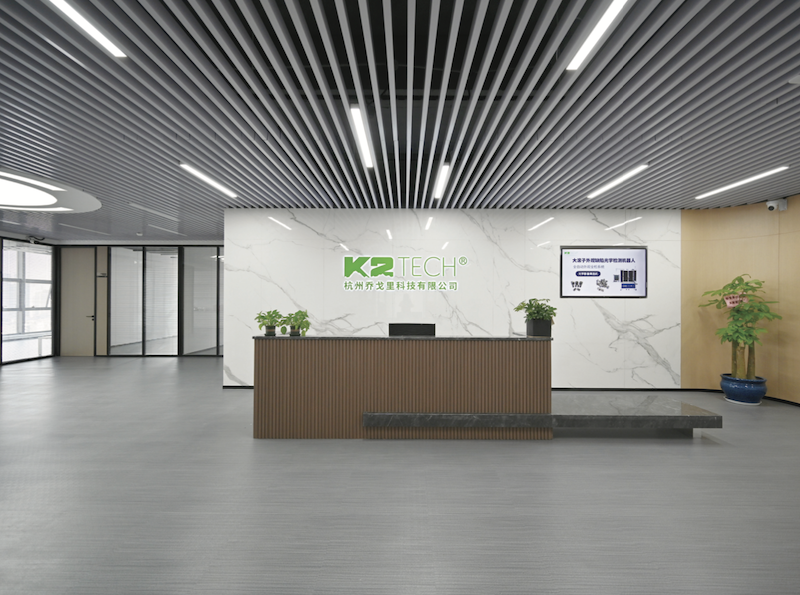
AI is not merely transforming vision inspection; it is revolutionizing the entire manufacturing process, paving the way for a smarter, more efficient future.
Hangzhou Qogori Tech (K2 TECH), a pioneering force in the realm of machine vision equipment, has established itself as a trusted partner for many of the world’s top 500 companies. With an unparalleled 100 billion defects database, a robust portfolio of 150 patents, and an impressive 98% repurchase rate, K2 TECH has set the industry standard for excellence. Notably, 50% of its revenue is generated from overseas markets, reflecting its global reach and influence.
Join the presentation of K2 TECH at the Bearing & Power Transmission Forum for which the details can be found on www.bearing-power.com or visit www.qogori.com for more information about this technology.
 Machine Vision
Machine Vision Bearing
Bearing AOI Machine for Roller Appearance Defects(Choyo-R41) AOI Machine for Needle Roller Appearance Defects(Choyo-R21) AOI Robot for Big Roller Appearance Defects AOI Robot for SRB Bearings Appearance Defects AOI Robot for Big Roller Appearance Defects AOI MACHINE FOR Wheel Hub Bearing Appearance Defects AOI Machine for Bearing Ring Appearance Defects AOI Machine for Sealing Ring Appearance Defects AOI Machine for Bearing Dust Shield Appearance Defects AOI Machine for Bearing Appearance Defects Automatic Feeding Machine for Bearing Rollers Automatic Oiling Machine for Bearing Rollers Automatic Washing & Drying Machine for Bearing Rollers AOI ROBOT FOR BALL BEARING APPEARANCE DEFECTS
AOI Machine for Roller Appearance Defects(Choyo-R41) AOI Machine for Needle Roller Appearance Defects(Choyo-R21) AOI Robot for Big Roller Appearance Defects AOI Robot for SRB Bearings Appearance Defects AOI Robot for Big Roller Appearance Defects AOI MACHINE FOR Wheel Hub Bearing Appearance Defects AOI Machine for Bearing Ring Appearance Defects AOI Machine for Sealing Ring Appearance Defects AOI Machine for Bearing Dust Shield Appearance Defects AOI Machine for Bearing Appearance Defects Automatic Feeding Machine for Bearing Rollers Automatic Oiling Machine for Bearing Rollers Automatic Washing & Drying Machine for Bearing Rollers AOI ROBOT FOR BALL BEARING APPEARANCE DEFECTS





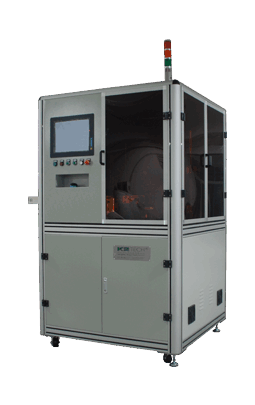
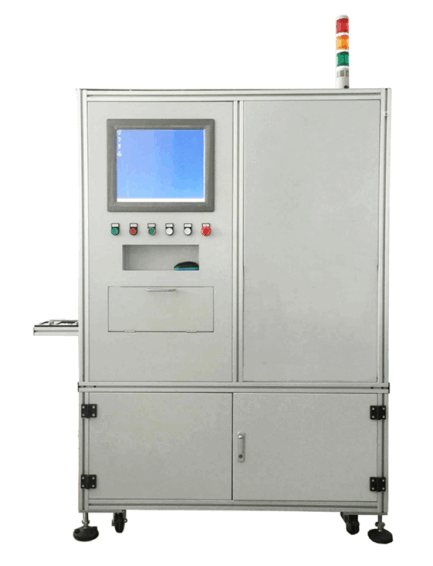
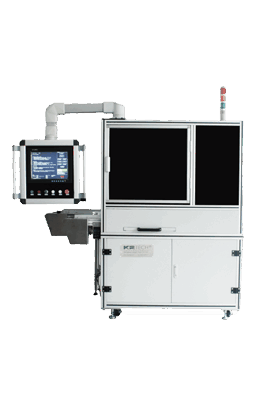
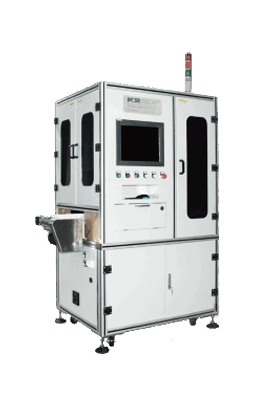
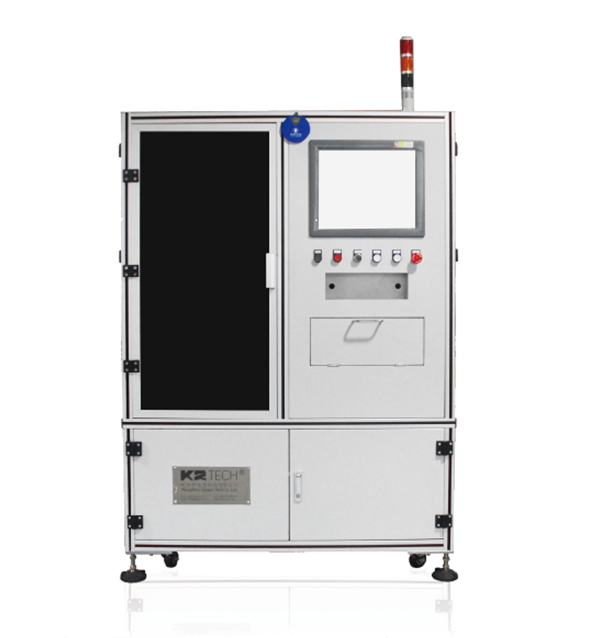
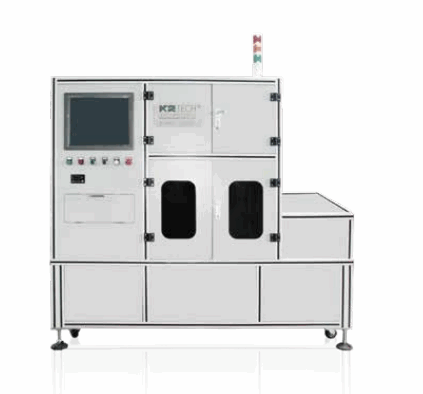
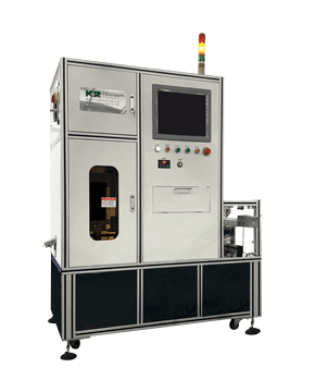
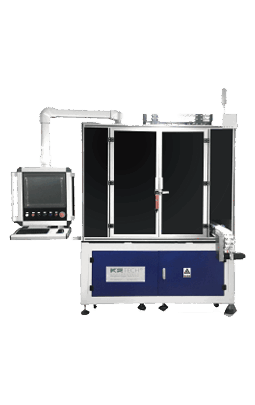


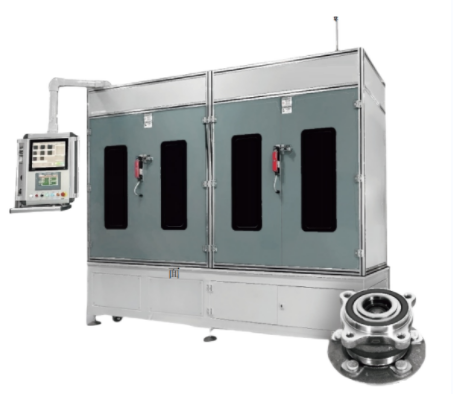
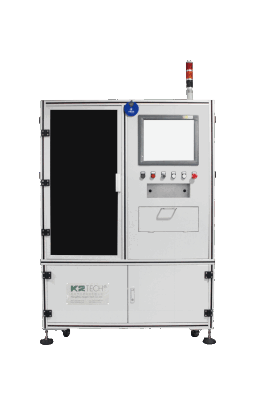
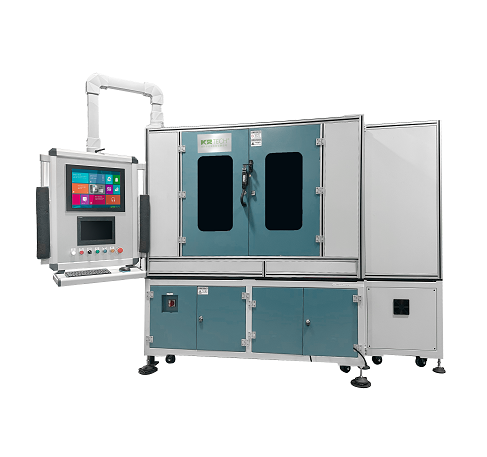
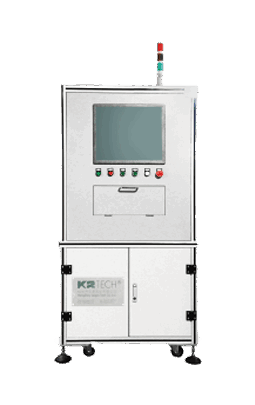


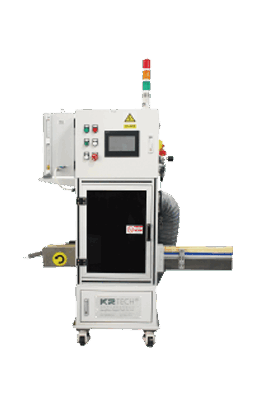
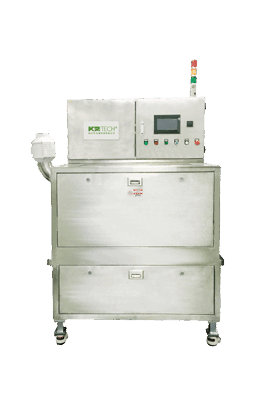
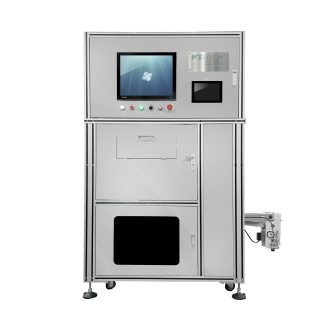
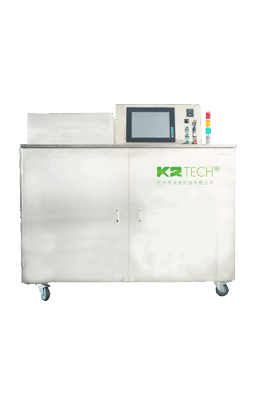
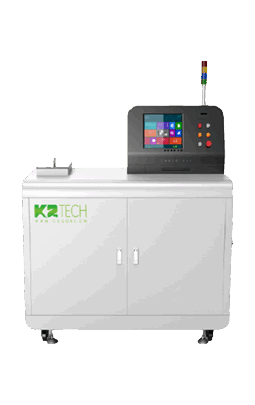
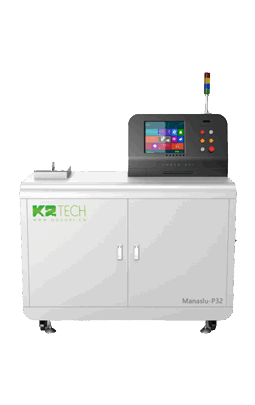

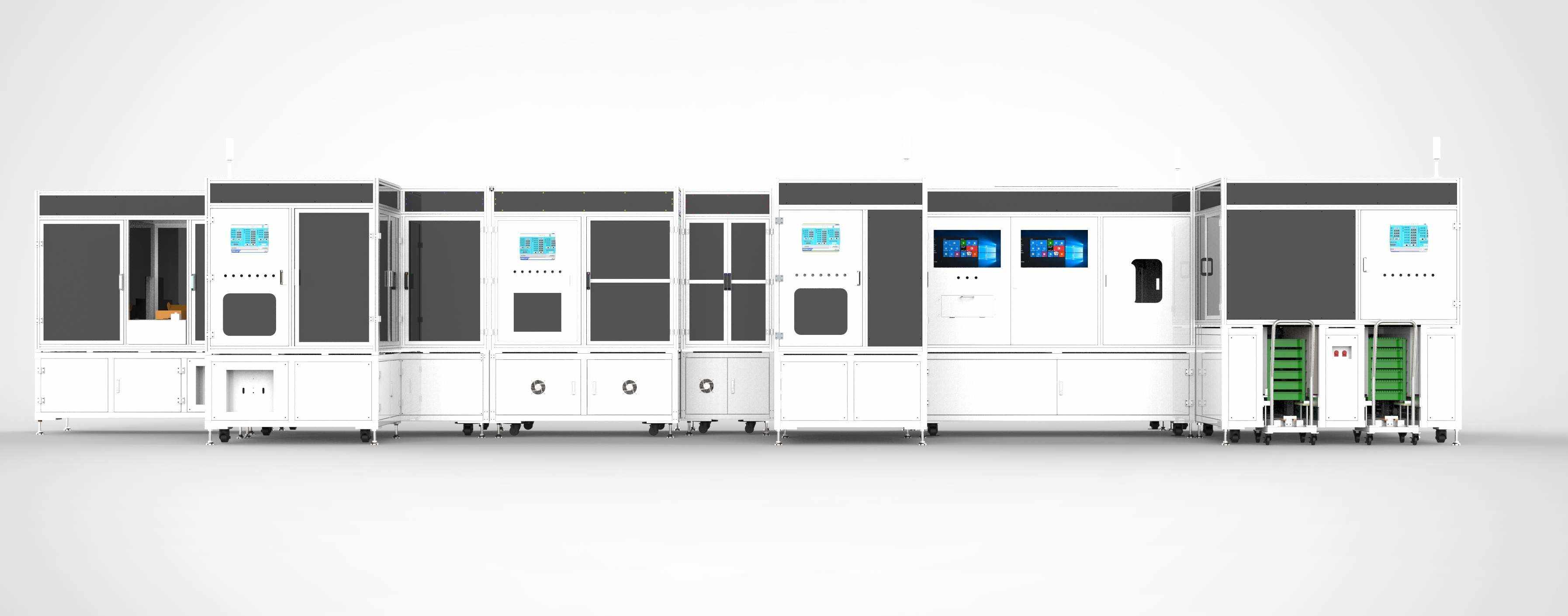

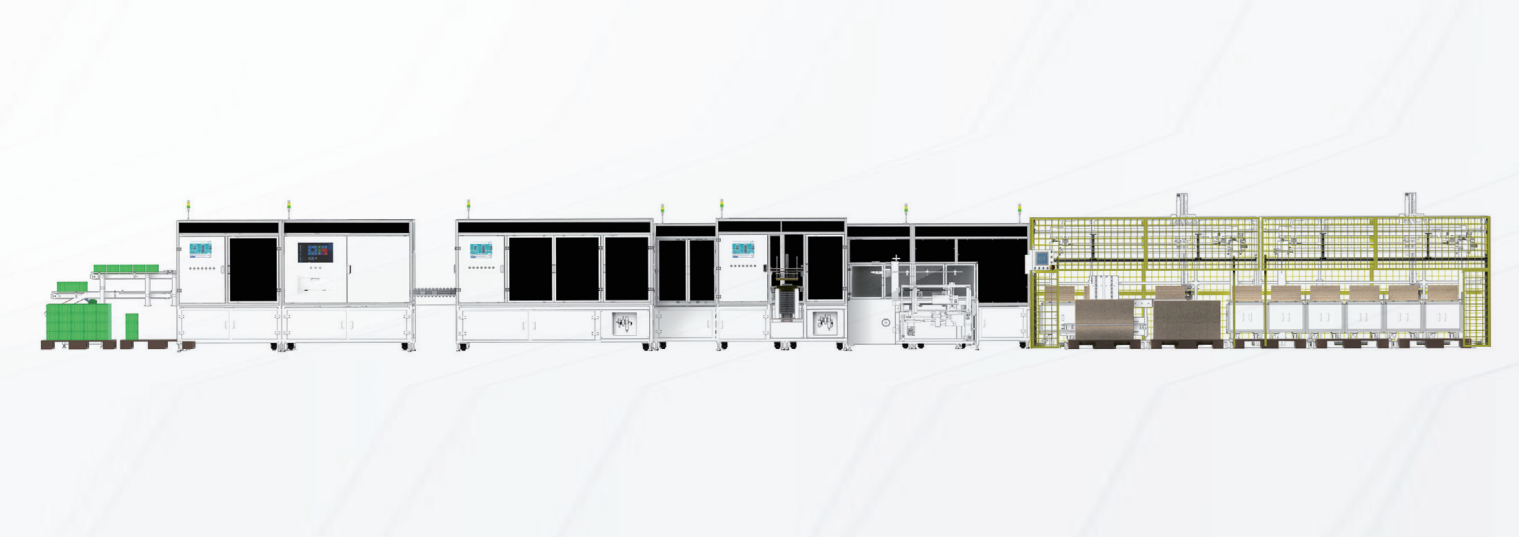
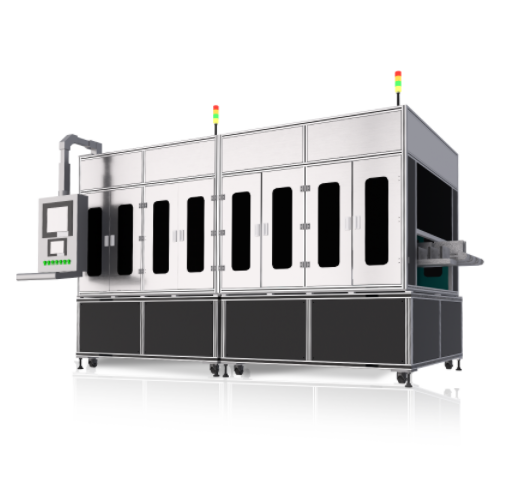
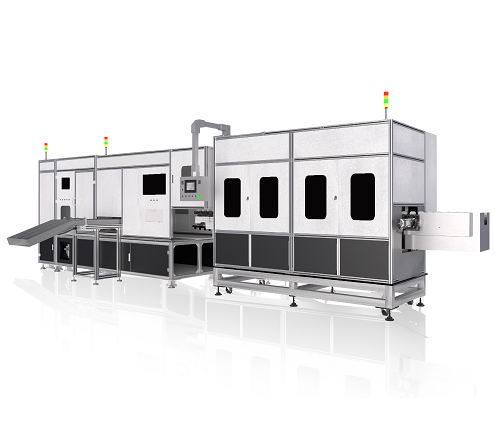
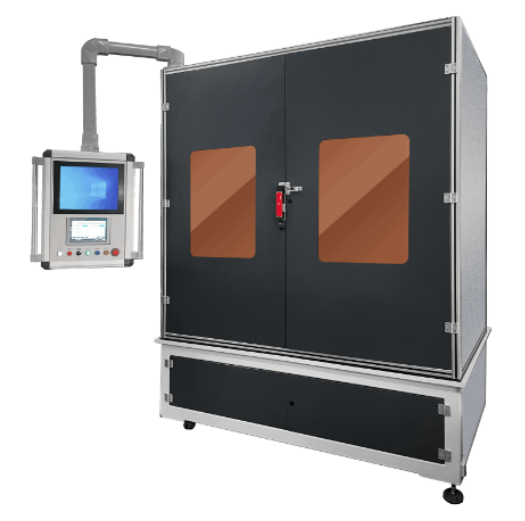


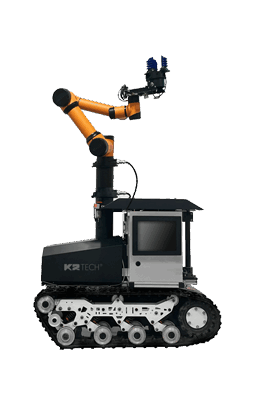
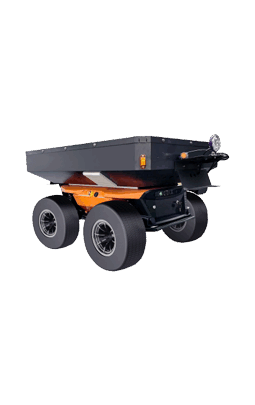

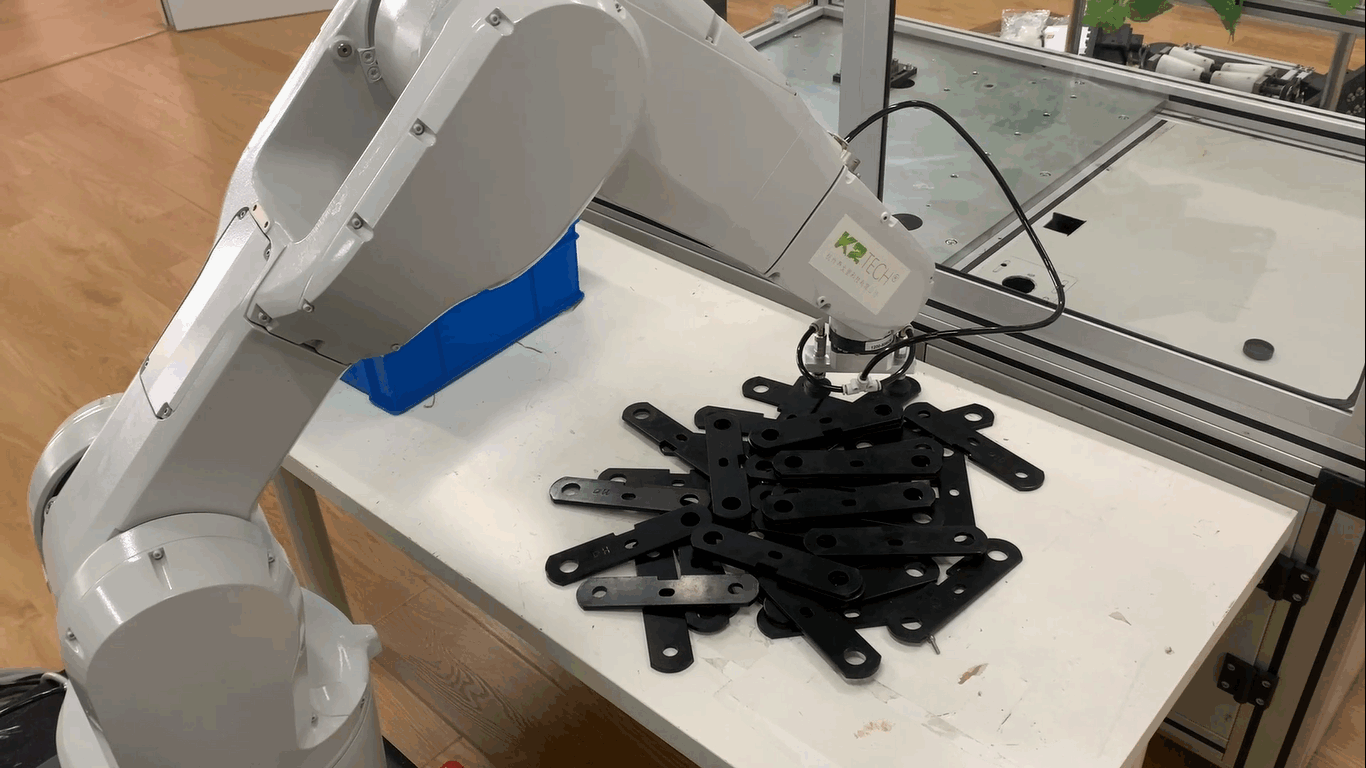





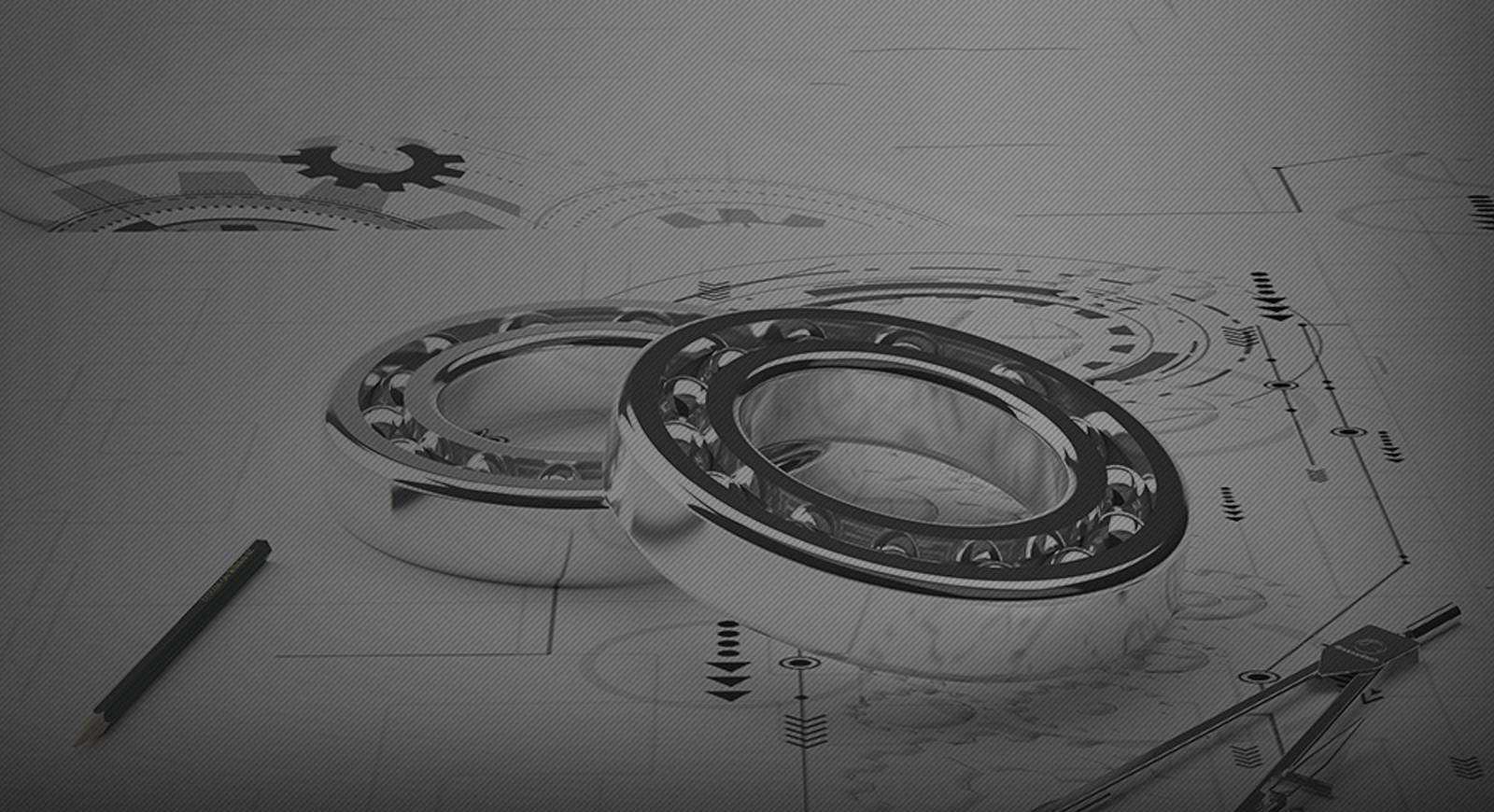
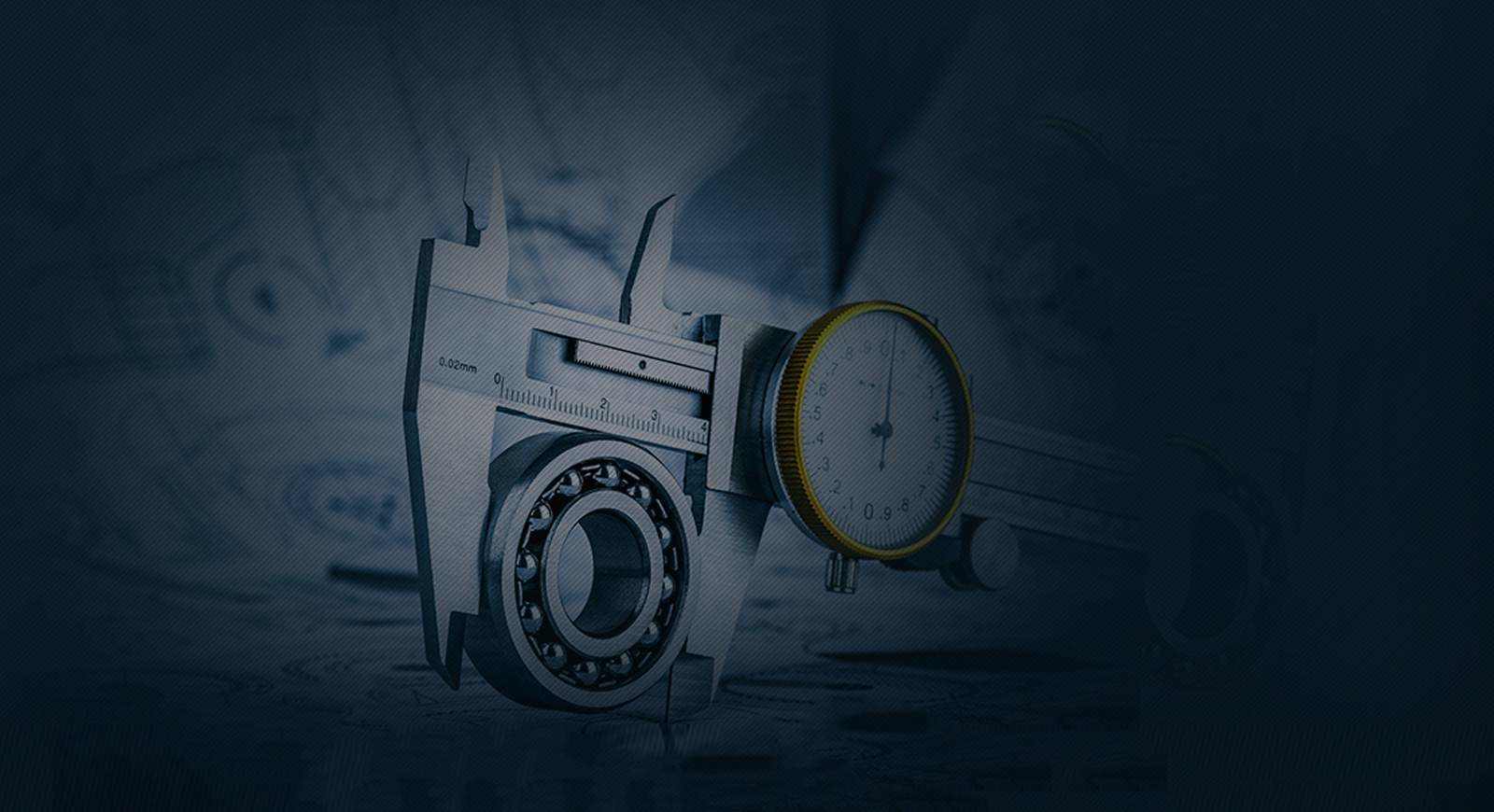
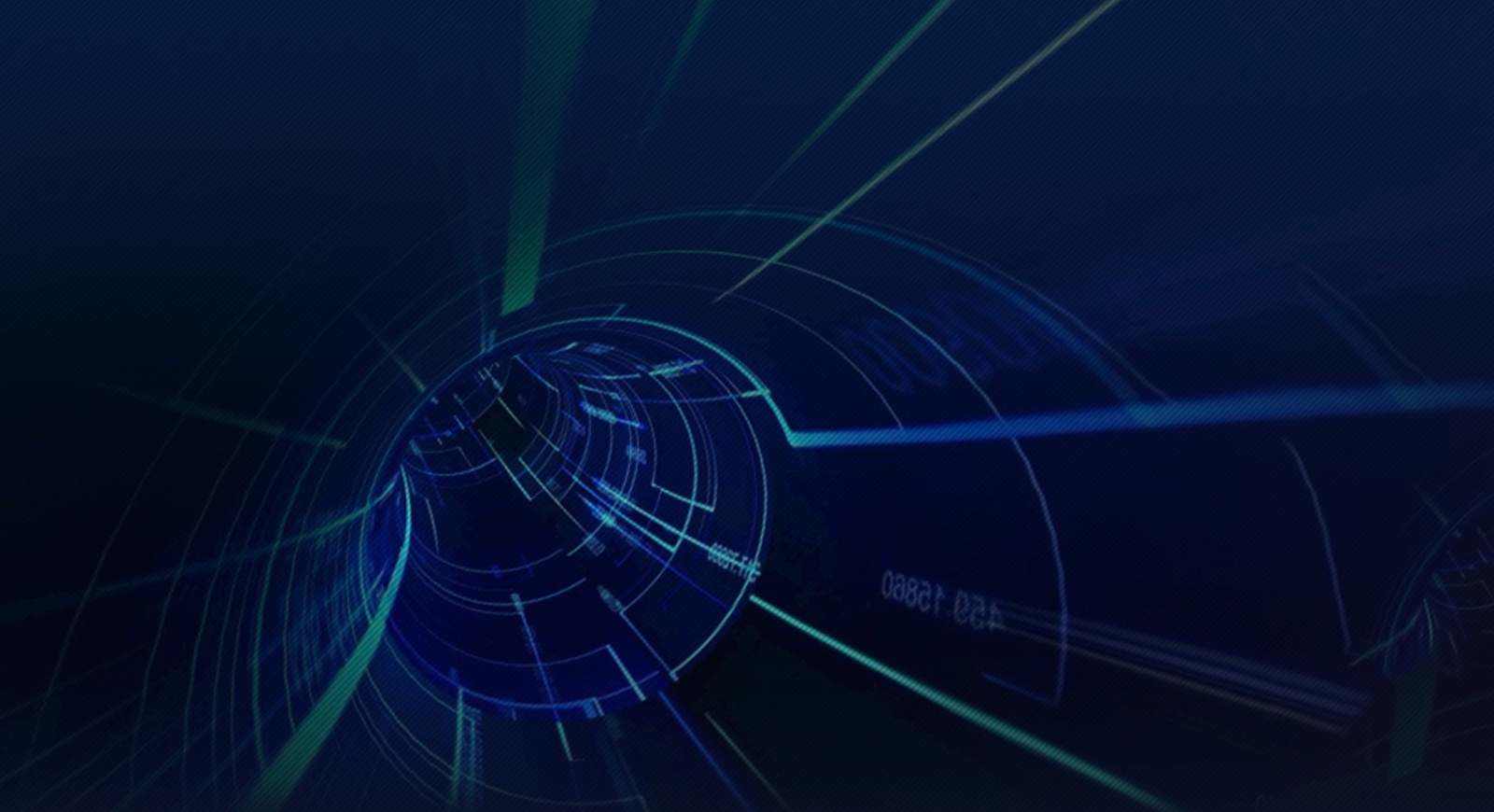


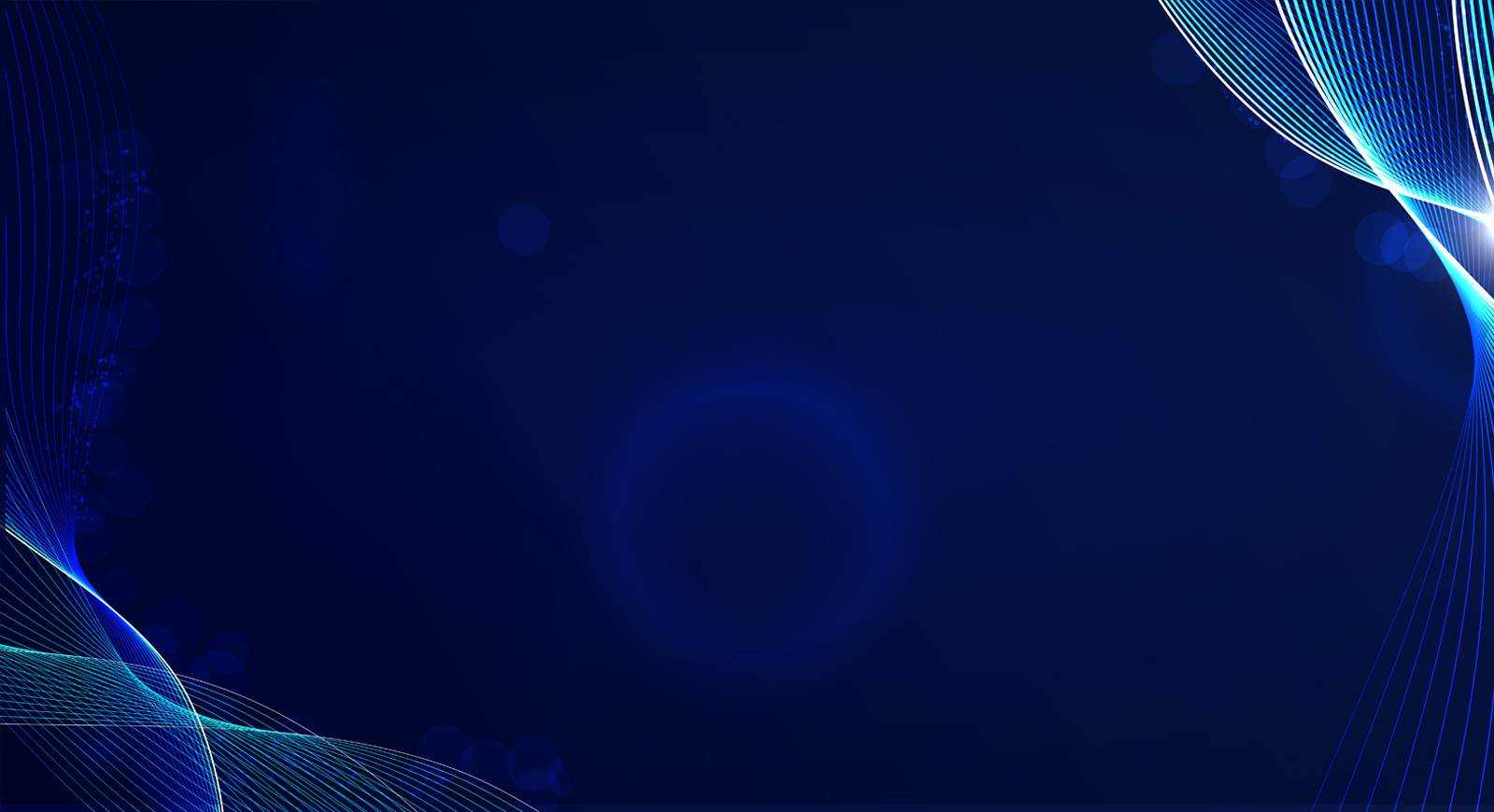





 Ease of Use:
Ease of Use:





